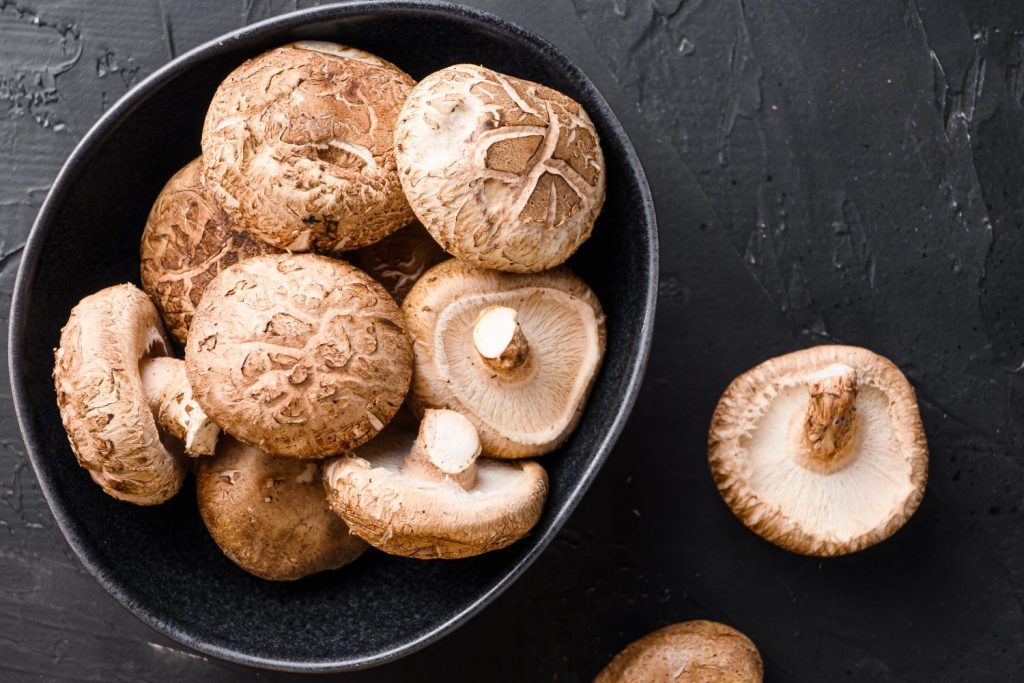Switching to mushroom-based meat alternatives could halve deforestation
German researchers say that if meat-eaters were to make the switch just 20 percent of the time it could have a massive impact on greenhouse gases.
Stories and infographics by ‘Talker Research’ are available to download & ready to use. Stories and videos by ‘Talker News’ are managed by SWNS. To license content for editorial or commercial use and to see the full scope of SWNS content, please email [email protected] or submit an inquiry via our contact form.

 Parenting1 day ago
Parenting1 day agoSingle mom details struggles of feeding her 12 kids

 Broadcast3 days ago
Broadcast3 days agoOver 40% of Americans have no clue what a 401k is

 Broadcast2 days ago
Broadcast2 days agoHow hard is it for Americans to live sustainably?

 Broadcast1 week ago
Broadcast1 week agoGrocery shopping hungry is costing Americans this much

 Funny1 week ago
Funny1 week agoCops confused by crow mimicking police siren

 Shopping1 week ago
Shopping1 week agoGrocery shopping hungry costs Americans this much every trip

 Money3 days ago
Money3 days agoOver 40% of Americans have no clue what a 401k is

 Parenting1 week ago
Parenting1 week agoIt takes this many minutes for the average American kid to get bored























